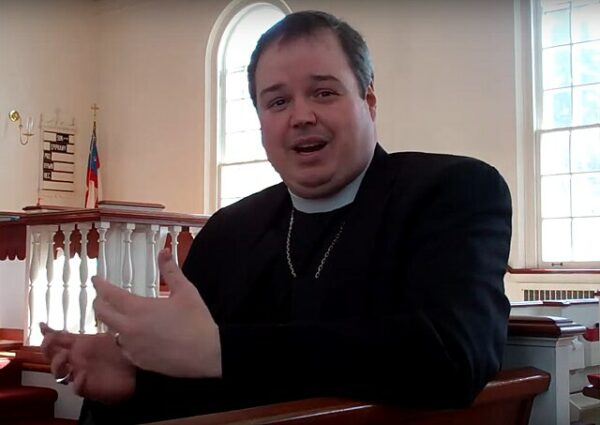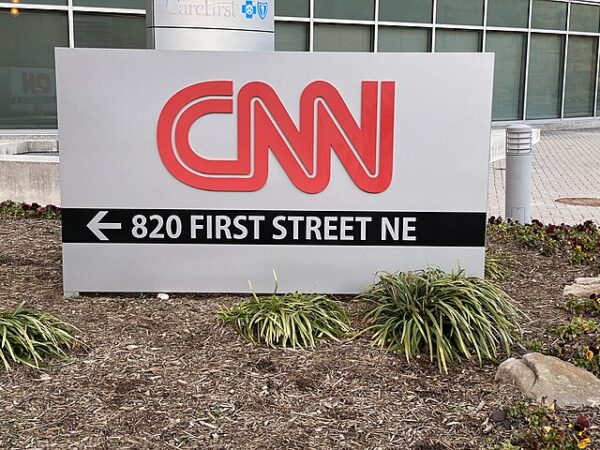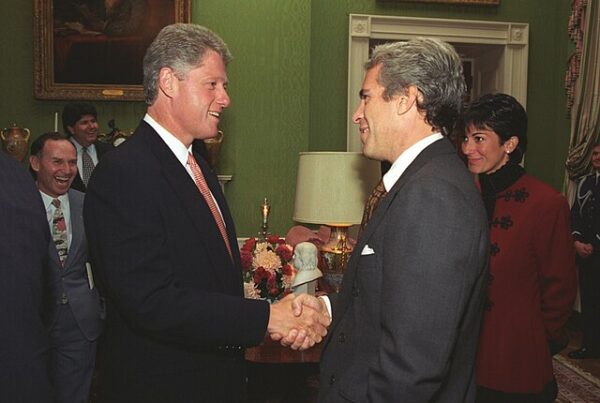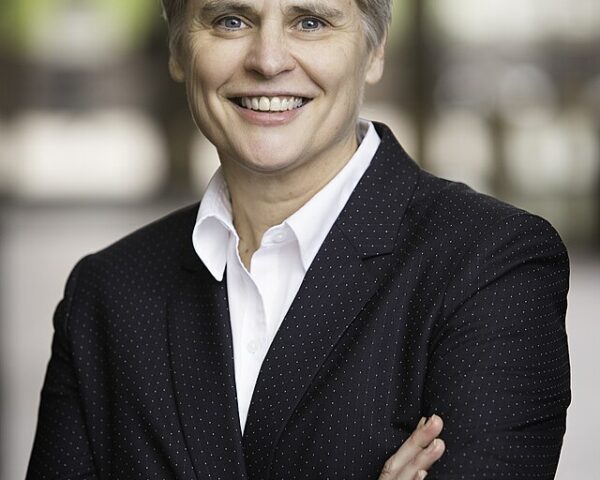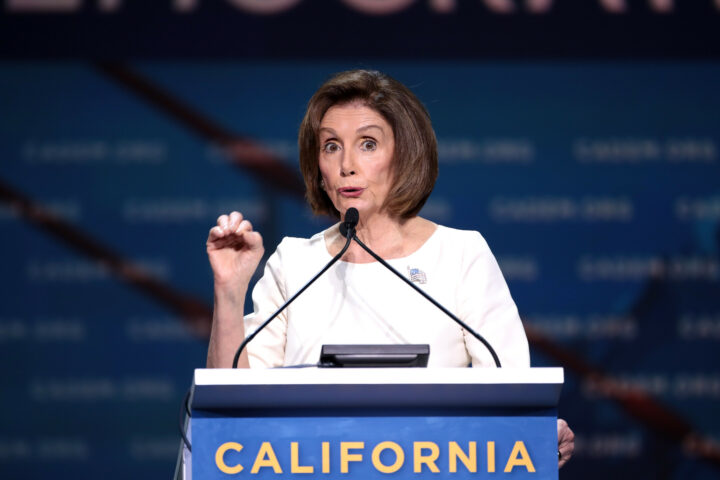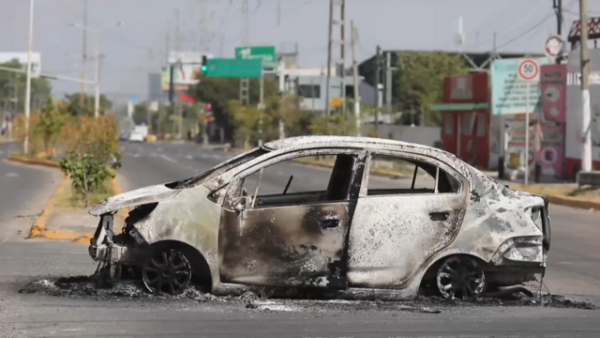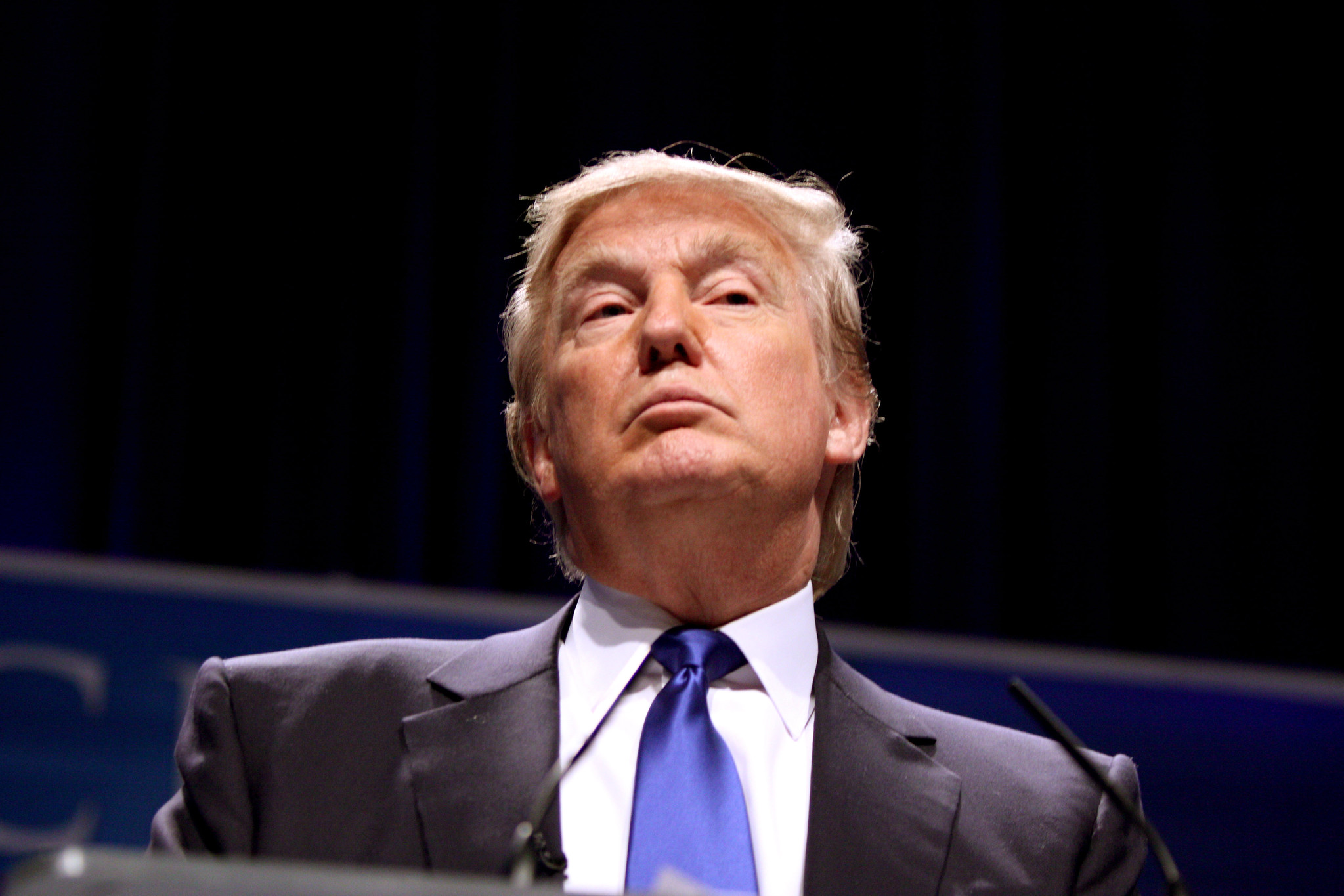In a striking rebuke of the Biden-to-Trump refugee handoff, the Episcopal Church announced Monday it will terminate its four-decade partnership with the U.S. government on refugee resettlement—citing moral objections to a new federal directive ordering the church to prioritize white South African Afrikaners. The decision represents a major break from past practice for a denomination long known for its racial justice advocacy and its deep ties to the Anglican Church of Southern Africa and appears to be based on the church refusing to help white refugees.
The Most Rev. Sean W. Rowe, presiding bishop of the Episcopal Church, informed congregants in a May 12 pastoral letter that the church’s refugee affiliate, Episcopal Migration Ministries (EMM), had been instructed to begin placing Afrikaner refugees inside the U.S. under the terms of a federal grant, reported The Associated Press. Calling the order “a violation of our historic witness against apartheid,” Rowe said the church could no longer, in good conscience, participate in a federal program that undermines the very principles of reconciliation and equality it has championed for decades.
Afrikaners are white descendants from Britain’s colonization of Africa centuries ago. Many of the first arrivals were children born decades after the end of apartheid.
“This directive crosses a moral boundary for our church,” Rowe wrote, invoking the legacy of Archbishop Desmond Tutu and the church’s longstanding solidarity with post-apartheid South Africa. As a result, EMM will formally withdraw from all federal refugee operations by the end of the fiscal year in September 2025, though it will continue non-government-funded services to immigrant and refugee communities already resettled.
The State Department said in March that it had received inquiries from more than 8,000 people. It is unclear when the government will admit more.
Much of the discontent among Afrikaners centers on their experiences in rural communities and tensions over land ownership that remain unresolved since the end of apartheid more than 30 years ago.
Many Afrikaners farm to make a living. During apartheid, the government denied Black South Africans the right to own prime agricultural land. That meant that almost all of the country’s large-scale commercial farmers were white, and that remains so to this day.
This year, South Africa’s president, Cyril Ramaphosa, signed into law a measure that gives the government the ability to take private property without paying compensation. Although legal experts say uncompensated seizures are subject to strict judicial review and are likely to be rare, Afrikaner community leaders have expressed fears that white farmers will have their land taken from them, according to The New York Times.
The move comes just days after the arrival of several Afrikaner families at Dulles International Airport, part of a resettlement wave triggered by President Trump’s February executive order declaring Afrikaners victims of “unjust racial discrimination” in South Africa. The refugees were shown waving American flags as they arrived in the United States.
Women and children. Fathers who have stable jobs. Not one single gang tattoo. Everyone is waving an American flag.
The only refugees the left hates. pic.twitter.com/xluqhR43kd
— End Wokeness (@EndWokeness) May 12, 2025
By cutting ties with the federal program, the Episcopal Church joins a growing number of religious institutions reassessing their role in U.S. refugee work under the Trump administration’s revised framework. Whether others will follow remains to be seen—but the moral line drawn by Bishop Rowe leaves little doubt about where his denomination stands.
[Read More: Trump Takes On Big Pharma]

